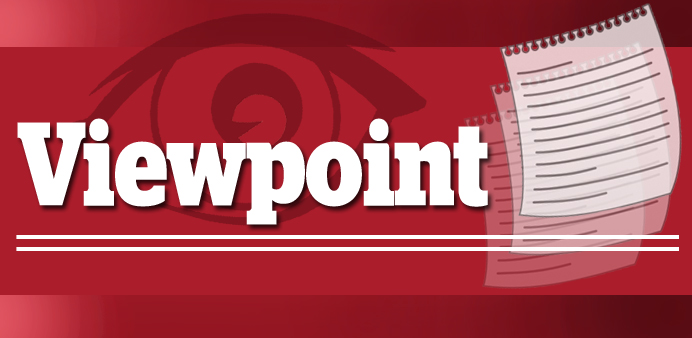Leaders of the European Union declared this week that it has “failed” in the face of human agony on its frontiers. But the migrant crisis may now be forging a better way forward.
The failure is evident. Of millions fleeing war, oppression and misery, hundreds of thousands have been desperate enough to brave the sea to reach Europe; thousands have died but their numbers still multiply despite a mostly stony welcome: razor wire, hunger, filth and hosts more intent on blaming each other than on their common duty to help.
That may be changing, although far from certainly and all too slowly for those cradling sick infants in open boats or fighting for air in a Balkan smuggler’s truck.
New facilities are being set up to care for and assess the claims of those arriving; schemes to ease the strain on Italy, Greece and other frontier states are about to launch; and something like a plan to address costly, long-term problems in the Middle East and Africa has won broad support across the EU.
“It takes a crisis to get a solution and the European project ... goes in fits and starts,” said Leonard Doyle, spokesman for the International Organisation for Migration, the Geneva-based body which has been a critic of past EU policies.
As on many issues, the 28-nation bloc has long struggled to advance a common approach on immigration amid competing national interests. “But,” Doyle said, “It looks like they’re heading towards some better mechanisms, they’re certainly trying.”
After a summer of squabbling, diplomats see a new resolve to act, led by German Chancellor Angela Merkel. She calls Europe’s worst migration crisis since World War Two the biggest challenge of her decade in power, underlining not just its human scale but the existential threat it poses to the EU as a whole by unleashing nationalistic forces driving Europeans apart.
“The world is watching us,” Merkel said after talks with Balkan neighbours in Vienna yesterday. “As a rich continent, I am firmly convinced Europe is capable of solving the problems.”
Four months ago, EU leaders were jolted into action when 800 people drowned in a single boat. They reversed cuts in naval patrols, despite fears that would tempt more people to sea.
Shamed by suggestions that Fortress Europe was hiding from responsibility behind its Mediterranean “moat”, the EU says so far this year 95,000 people were rescued; some 500 have drowned since April, compared with 1,800 in the previous four months.
Within weeks, the EU executive under new European Commission President Jean-Claude Juncker had drafted a long-term “migration agenda” which national leaders endorsed in June, albeit with rows about sharing the load that are not yet settled - and no lack of complaint from burgeoning anti-immigration parties.
They agreed a pilot scheme to take in more Syrian refugees direct from the Middle East, redistribute some of the hundreds of thousands of asylum-seekers crowded in Italy and Greece, deport more people whose claims for protection fail, and step up aid and other efforts to discourage Africans from emigrating.

